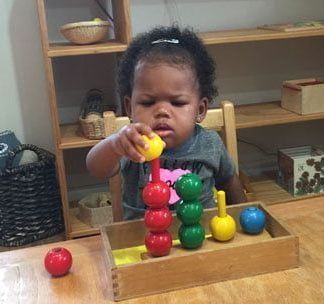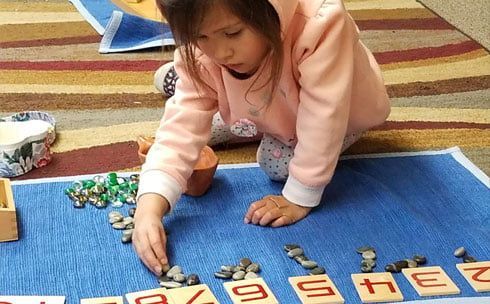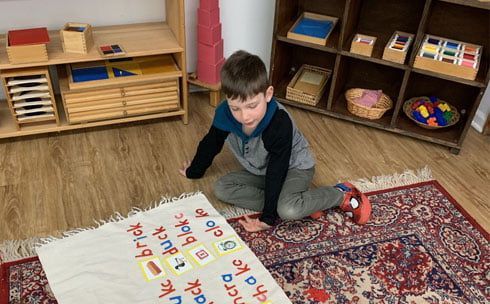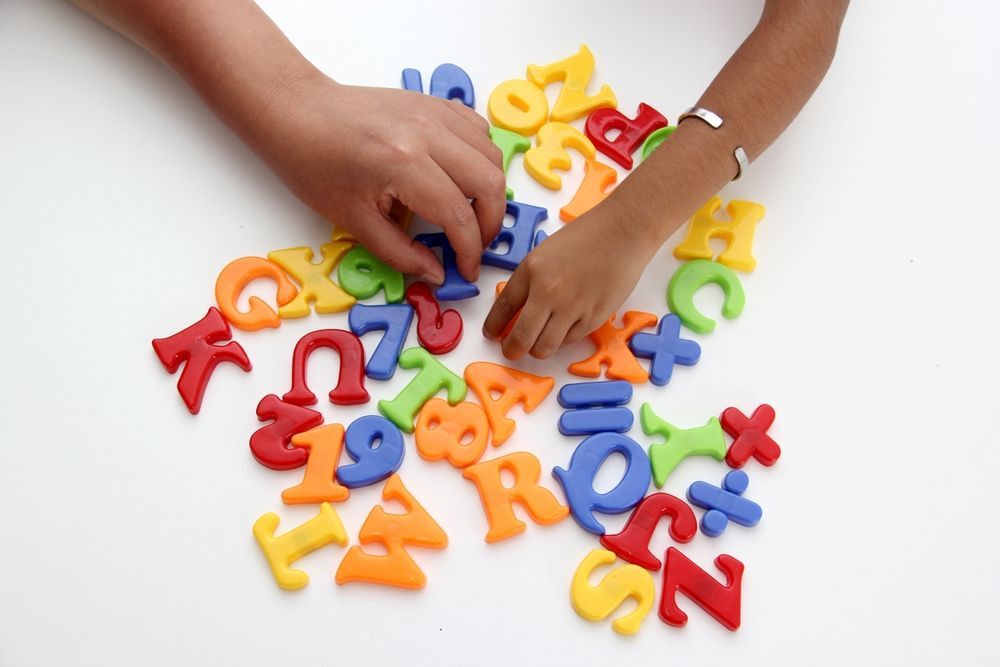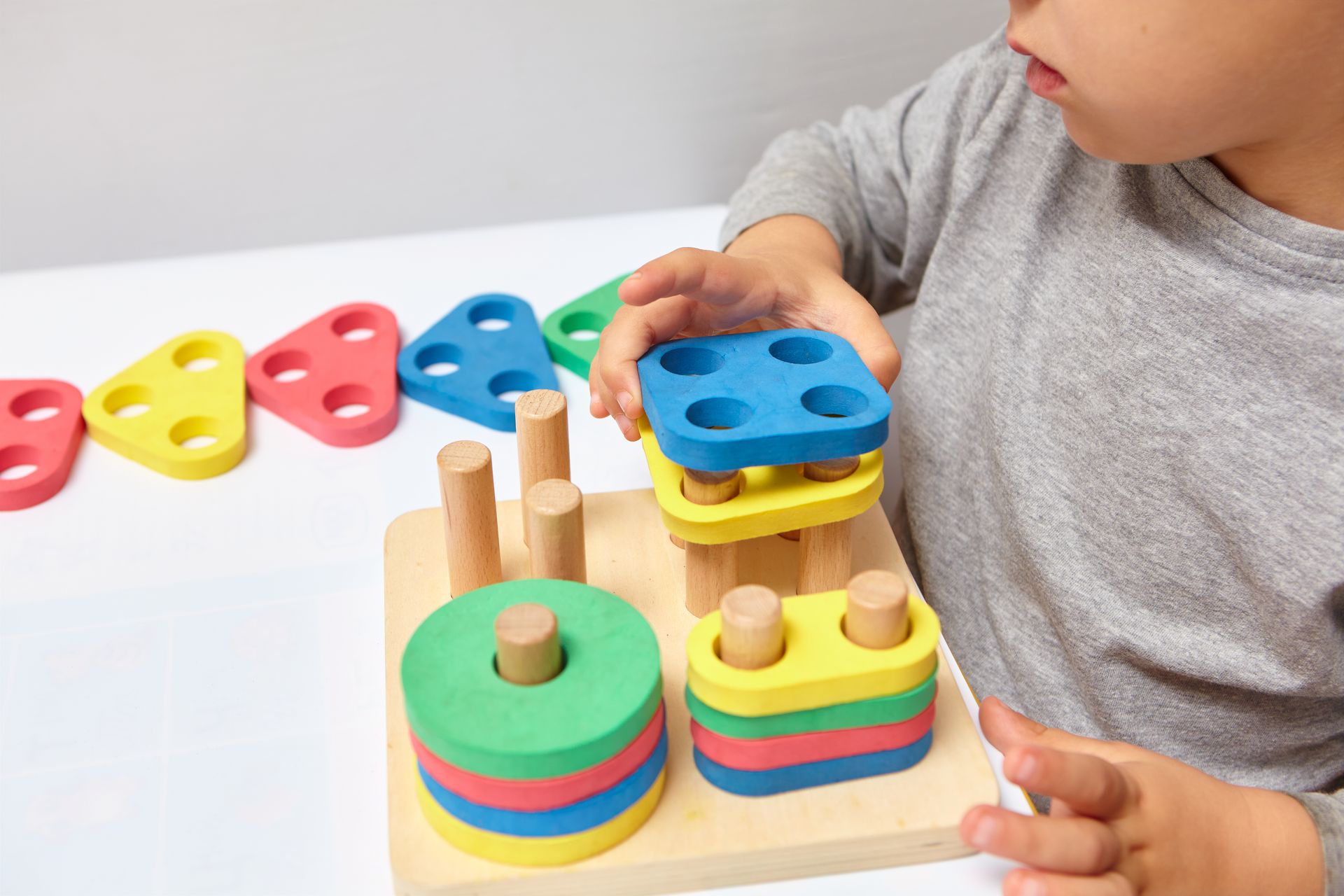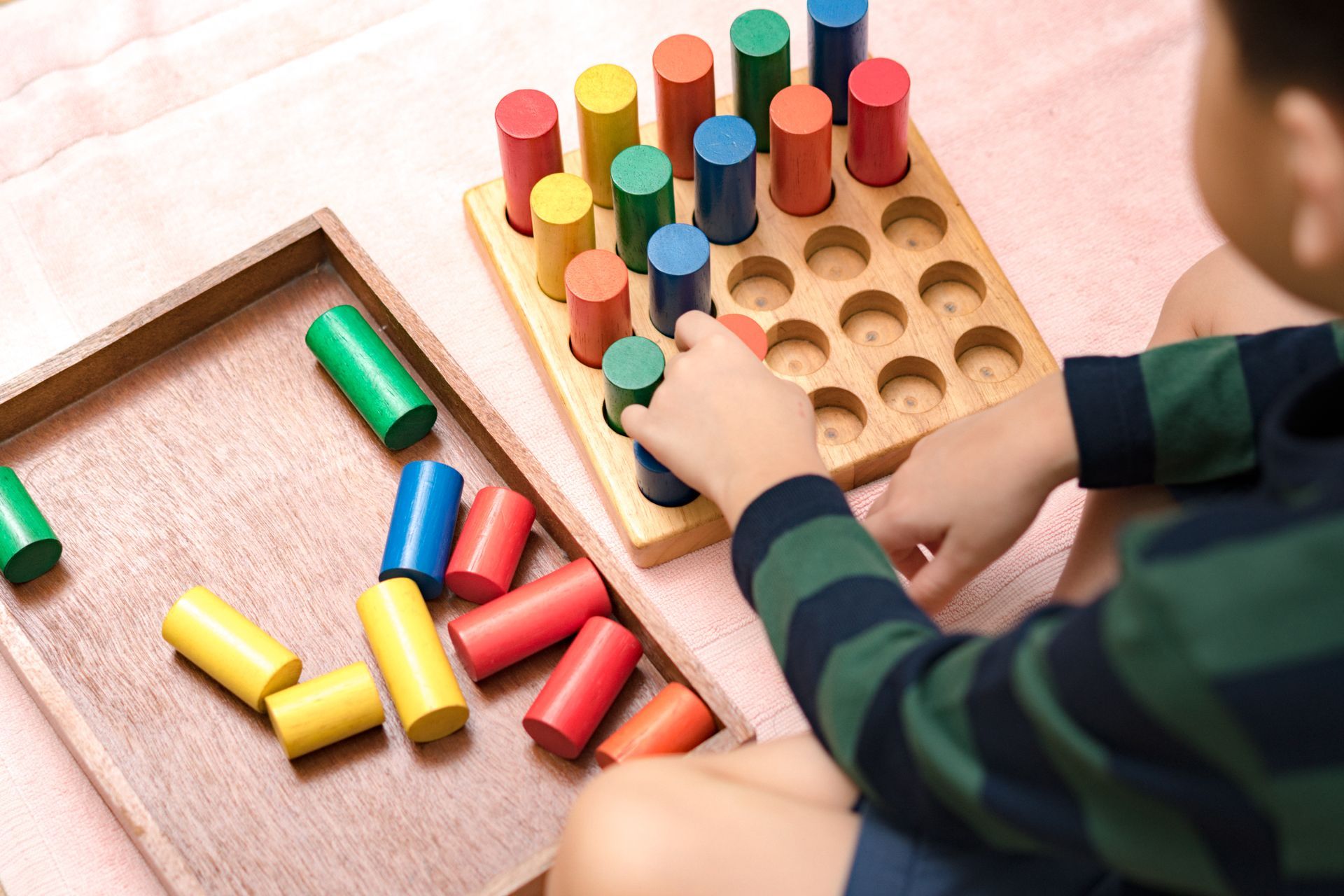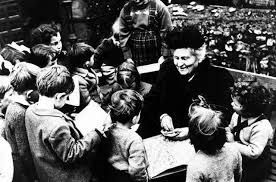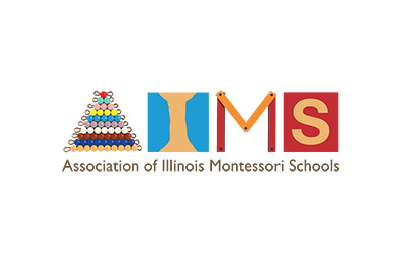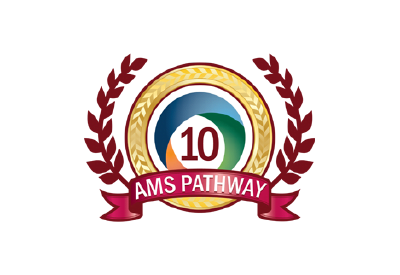Montessori Criticism – The Top 3 Complaints
Share this Article:
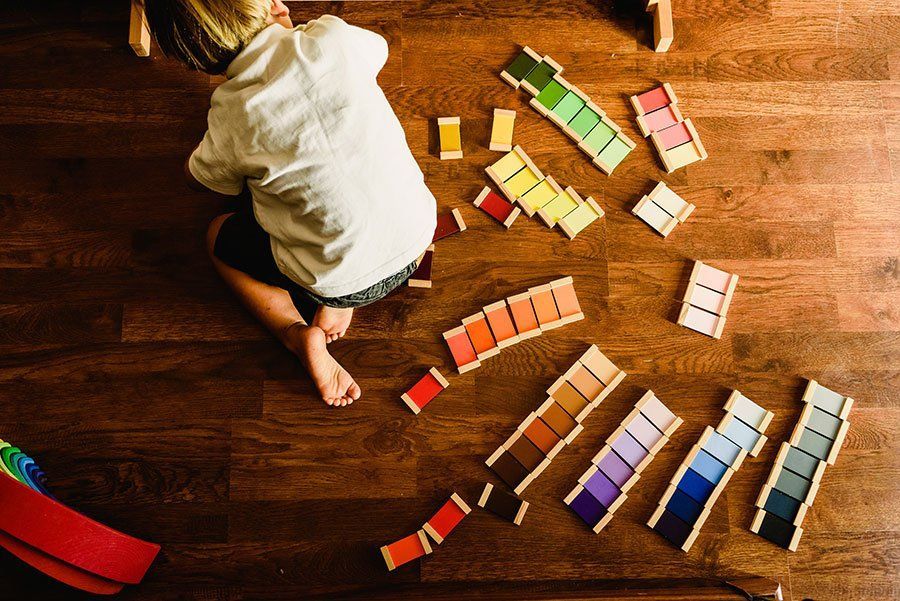
As with any alternative to mainstream public education, Montessori schooling has been the center of controversy and debate over the years. Even staunch supporters of the Montessori method had their differences, which resulted in two separate main accrediting organizations instead of one.
While many of the two organizations’ conflicts have been resolved today, debates about whether Montessori is a positive choice for children’s education, especially early education, still circulate.
Parents may inquire about Montessori criticism before diving into the method. We want to discuss some of the main criticisms against the Montessori method and why we still think Montessori is a great option for many kids.
What is Montessori?
Before exploring common criticisms, it may be helpful to explain what Montessori education is all about. One trademark of Montessori education is that the classrooms are designed to allow children to explore and learn at their own pace and in their own style.Children are also encouraged to work together to learn and create a positive classroom environment.
Teachers act as gentle guides and they record detailed observations regarding each child’s independent learning process. The Montessori method places a strong emphasis on allowing children to show initiative and take responsibility for their progress.
For more thorough explanations of the differences between Montessori and traditional education, check out our comparison article ! Now, let’s dive into some common criticisms.
Montessori Criticism #1: It’s Too Expensive
While the economy might be doing a bit better overall this year, that doesn’t mean that all families have a wide margin in their budget for things like private or alternative schooling. You’re already paying into the school system, so why not take advantage of it, right?
We would like to offer another perspective:that Montessori education is not merely an expense, but an investment. We truly believe that a Montessori classroom is where children“[develop into] students who are capable, accountable, knowledgeable people who have the strong sense of self they will need to thrive in the real world.”Therefore, investing financially in Montessori education for your child is meant to pay off in the future because your child will be prepared to take responsibility and overcome obstacles with healthy self-confidence.
Montessori Criticism #2: “There Aren’t Enough Rules”
While it’s true that the classroom environment is more laid-back than some traditional classrooms, that doesn’t mean that chaos is tolerated or that kids are allowed to do absolutely anything they want. Teachers still maintain order and kids are taught to be kind and respectful to each other and take care of the classroom.
Montessori Criticism # 3: “The Structure Is Too Loose”
Once again, Montessori classrooms are not based on strict timetables and large-group activities, but that doesn’t mean there isn’t a foundational structure to the process. Classrooms are designed very intentionally, with different sensory and play materials available to encourage children to learn specific skills. Kids learn to create their own structure as they take initiative to learn alone and with peers throughout the school day. They even prepare, eat, and clean up their snack themselves! Isn’t that what we want for our kids, for them to be able to function well on their own and in the community?
Mansio Montessori of Geneva
If your curiosity is piqued, we welcome you to check out our Montessori early childhood programs . We’d love to help you determine if our programs would be a good fit for your family! Schedule a visit or contact us for more information.
